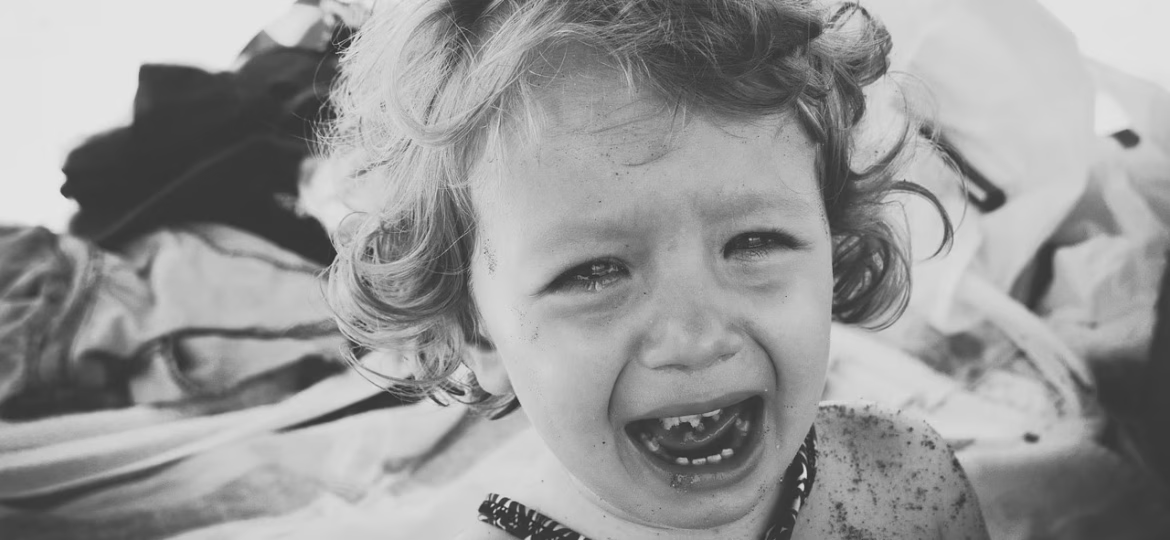
Parenting is one of life’s most challenging yet transformative journeys. While no parent is perfect, certain behaviors can unintentionally harm a child’s emotional, mental, and physical well-being. Recognizing these signs isn’t about guilt—it’s about understanding areas for growth and making positive changes for your child’s sake. Below, we explore ten signs of bad parenting and offer actionable solutions to address them with compassion and intention.
1. Lack of Emotional Support
Children thrive on emotional validation and affection. Without it, they may struggle to form healthy self-esteem or trust in relationships. A lack of emotional support might look like dismissing your child’s feelings with phrases like “Stop crying, it’s not a big deal,” or failing to express love openly.
>> Why It Matters: Emotional neglect leaves children feeling unseen and unimportant, which can carry into adulthood.
>> Solution: Take time to genuinely listen to your child. Acknowledge their feelings, even if you don’t fully understand them. Simple actions like hugs, eye contact, and kind words create a foundation of trust and connection.
2. Excessive Criticism or Harsh Discipline
Constant criticism or harsh punishment can create an environment of fear, shame, and resentment. This includes yelling, belittling, or focusing solely on mistakes without acknowledging efforts.
>> Why It Matters: Over time, this erodes a child’s confidence and sense of worth, making them feel they can never measure up.
>> Solution: Shift from punitive measures to constructive discipline. Praise positive behaviors and use consequences that teach rather than punish. Let your child know their worth isn’t tied to perfection.
3. Over Controlling or Micromanaging
While guidance is essential, over controlling every aspect of a child’s life—what they wear, eat, or who they play with—can stifle their independence.
>> Why It Matters: Overcontrol can lead to feelings of helplessness, rebellion, or an inability to make decisions as they grow.
>> Solution: Foster independence by offering choices. Instead of deciding everything for your child, ask for their input on age-appropriate matters. Trust their ability to navigate small challenges.
4. Neglecting Basic Needs
Neglect is more than just a lack of physical care; it includes emotional and developmental needs too. Signs might include skipping meals, ignoring hygiene, or failing to engage with their education.
>> Why It Matters: Children depend on their parents to meet basic needs. Neglect leads to feelings of abandonment and can have long-lasting physical and emotional consequences.
>> Solution: Prioritize your child’s well-being. If external circumstances like financial stress are a barrier, seek support from community resources or social services.
5. Comparing or Favoring Siblings
Comparing siblings, whether through praise or criticism, creates unnecessary competition and feelings of inadequacy.
>> Why It Matters: Favoritism damages sibling relationships and can lead to resentment toward parents and peers.
>> Solution: Celebrate each child’s individuality. Avoid comparisons altogether, and ensure every child feels equally loved and valued for who they are.
6. Lack of Boundaries or Over-Permissiveness
While structure is critical for children to feel secure, some parents avoid setting boundaries for fear of conflict or upsetting their child.
>> Why It Matters: A lack of boundaries often results in children feeling untethered, unsure of their limits, and unprepared for real-world consequences.
>> Solution: Set clear and consistent expectations for behavior. Explain the “why” behind the rules and enforce them calmly but firmly. Boundaries teach respect and responsibility.
7. Modeling Negative Behaviors
Children absorb behaviors from their parents like sponges. If they witness frequent arguments, dishonesty, or poor coping mechanisms, they’re likely to mirror these patterns.
>> Why It Matters: Parents are a child’s first role model. Negative behaviors teach children unhealthy ways of navigating life.
>> Solution: Model the traits you want to see in your child, such as patience, empathy, and accountability. Seek help for personal struggles that might affect your parenting.
8. Ignoring Signs of Stress or Mental Health Issues
It’s easy to dismiss a child’s stress or behavioral changes as “just a phase,” but these could be indicators of deeper struggles. Signs include withdrawal, irritability, or sudden changes in performance.
>> Why It Matters: Ignored mental health issues can escalate into anxiety, depression, or other serious conditions.
>> Solution: Pay close attention to your child’s emotional state. Offer a safe space for them to share, and seek professional guidance if you notice persistent issues.
9. Overloading with Unrealistic Expectations
High expectations can motivate children, but they can also become harmful when they exceed what a child is realistically capable of achieving. Signs include over-scheduling or pushing them to excel without acknowledging their efforts.
>> Why It Matters: Unrealistic expectations create chronic stress and a fear of failure, often resulting in burnout.
>> Solution: Encourage progress over perfection. Recognize and celebrate effort, not just outcomes, and allow time for unstructured play.
10. Being Emotionally Unavailable
In today’s busy world, parents often juggle work, responsibilities, and personal struggles, leaving little time for meaningful interaction. Emotional unavailability might look like constant distraction by phones or work, or failing to engage in conversation.
>> Why It Matters: A lack of emotional presence leaves children feeling lonely, even in a crowded home. It can also hinder their ability to form strong relationships later in life.
>> Solution: Set aside uninterrupted time to connect with your child daily. Even small moments, like playing a game or asking about their day, can make a big difference.
Reflecting on Your Own Childhood
Sometimes, reflecting on your own childhood can provide valuable insights into your parenting approach. Consider what you appreciated most about your upbringing and what you felt was missing. These reflections can serve as a guide to identifying areas where you excel and areas that may need improvement.
Why It Matters: Understanding the positive and negative aspects of your own childhood helps you create a more intentional parenting style, ensuring you provide what your child needs while avoiding patterns that may have been harmful in your experience.

